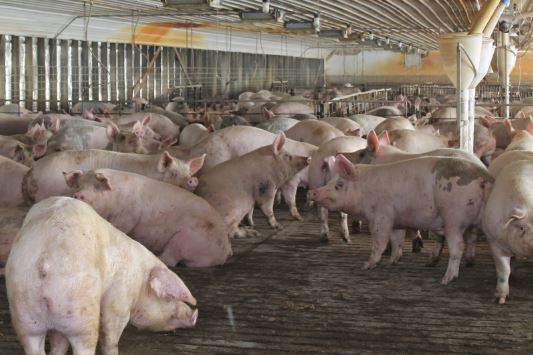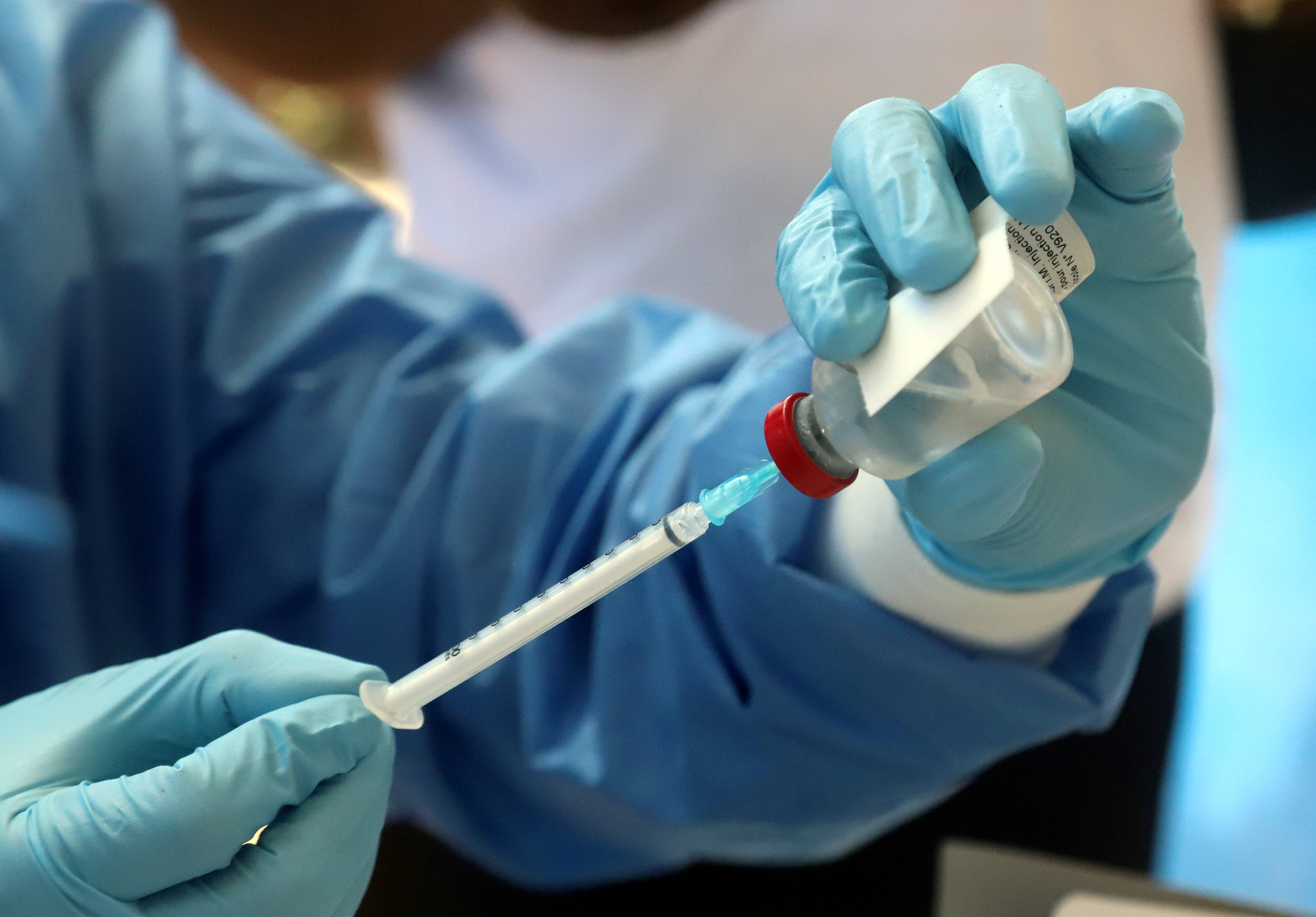Northeast China’s Liaoning province has now culled 8,116 hogs in response to an outbreak of African swine fever earlier this month, the provincial animal husbandry bureau told Reuters on Wednesday.
No new cases have been discovered in provincial capital Shenyang, where the deadly fever has so far been contained, since the outbreak on Aug. 3, a spokesman for the bureau said, confirming a report in the state-run People’s Daily.
The number of hogs culled includes the 913 that were slaughtered in the immediate aftermath of China’s first outbreak of the highly contagious disease amid concerns it could spread through the world’s largest pig herd.
Since the outbreak China has tightened inspection of meat products at customs departments across the country.
Customs officials at Nanning city airport, near the border with Vietnam in the southern Guangxi region, have confiscated a total of 5.6 kilograms of pork products such as ham and sausage from tourists arriving from swine fever-affected countries, the General Administration of Customs said on Wednesday. It didn’t identify the countries in question.
The fever occurs among pigs and wild boars, has no vaccine and remains active for a long time, making it difficult to contain. It does not affect humans.
Chinese pig producer New Hope Liuhe said on Monday it would suffer no direct losses as a result of the outbreak but said there could be an indirect impact as a result of control measures the Liaoning government places on slaughterhouses.





